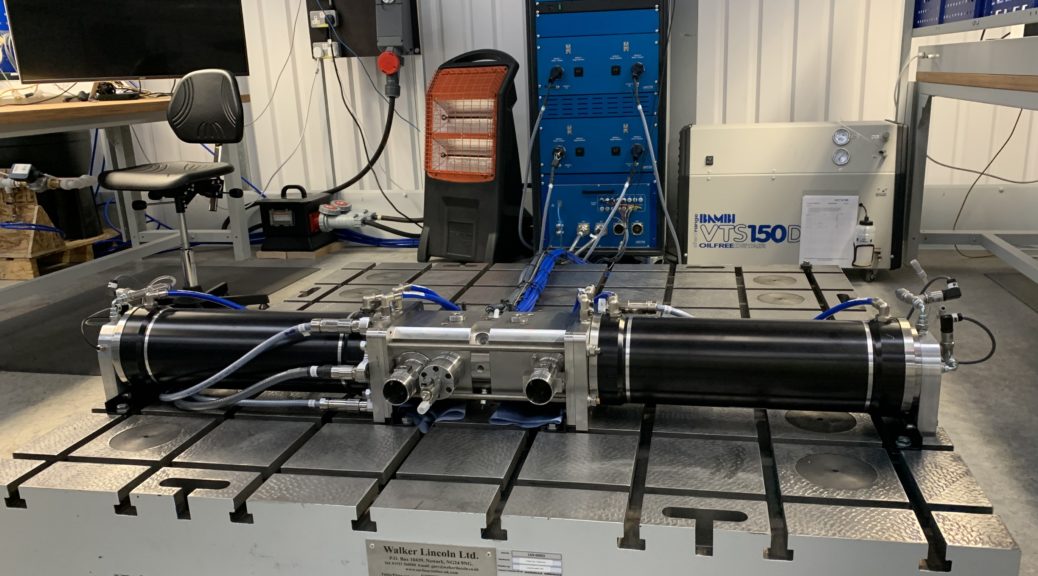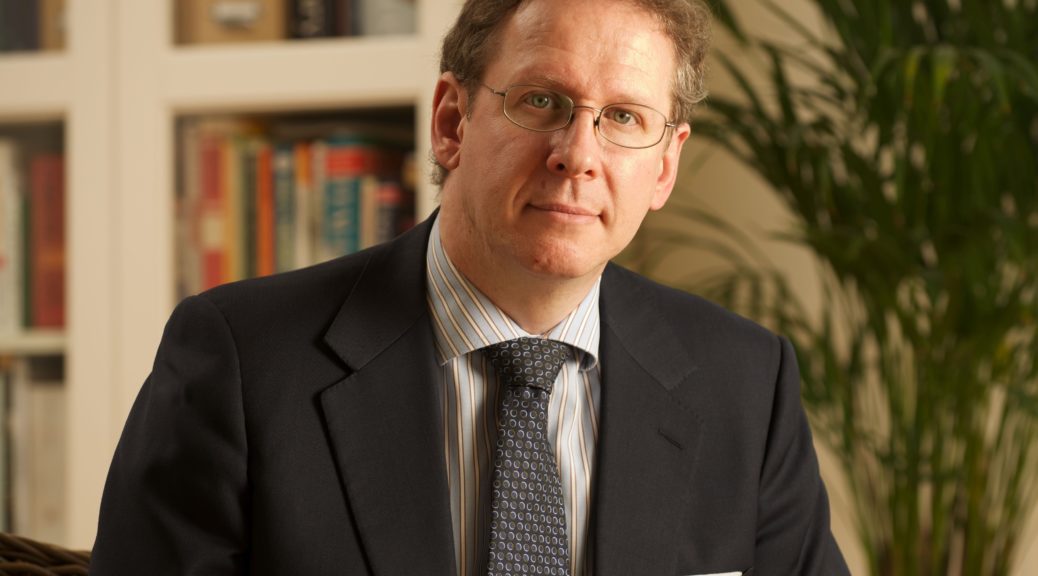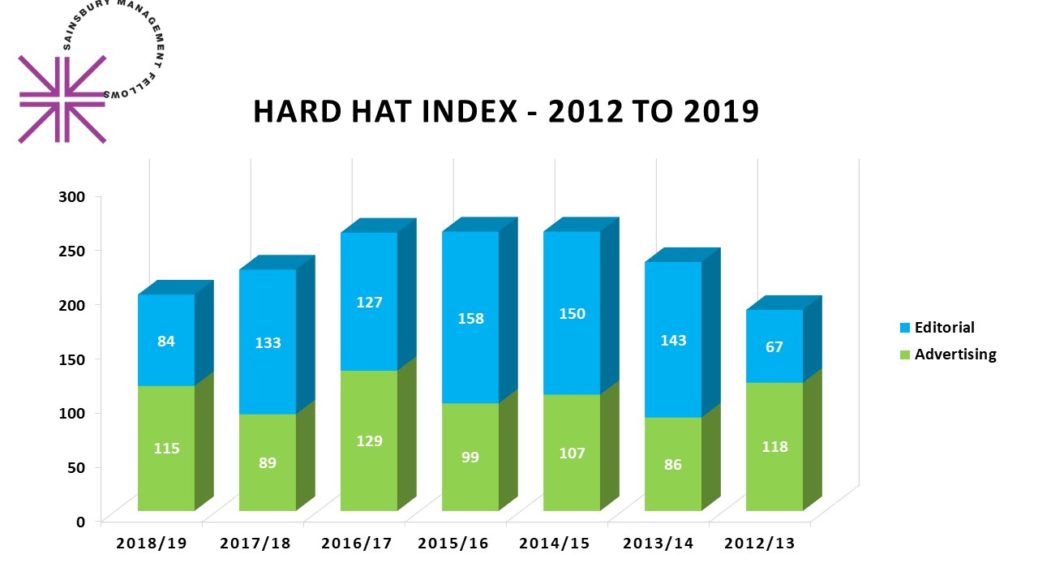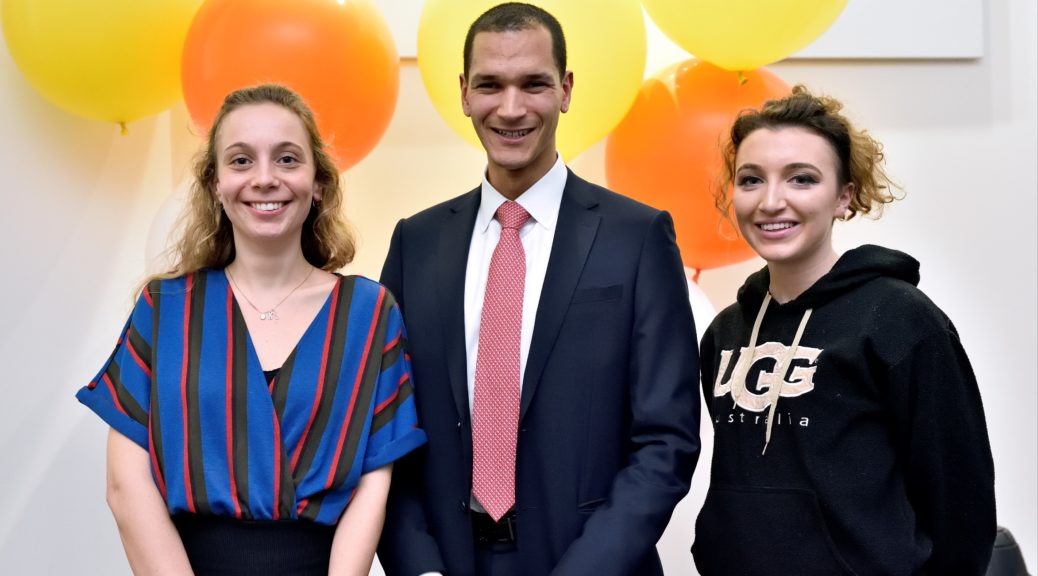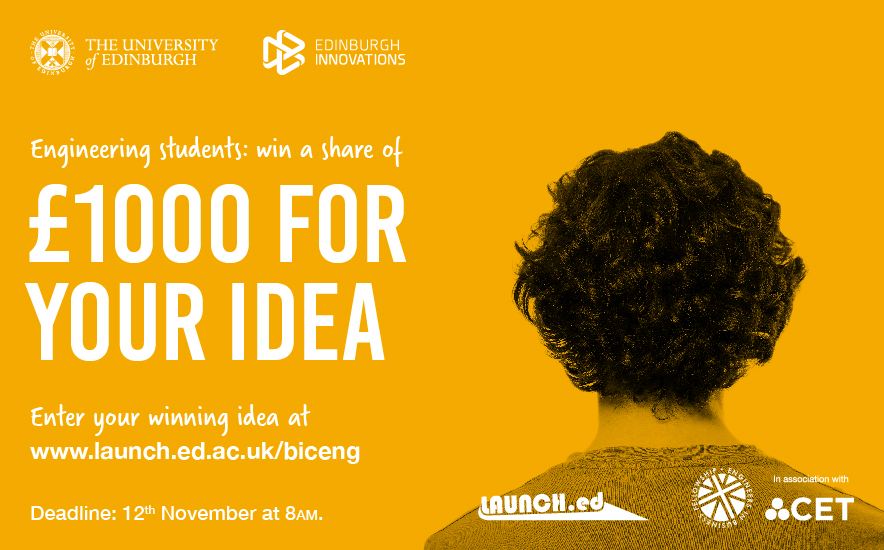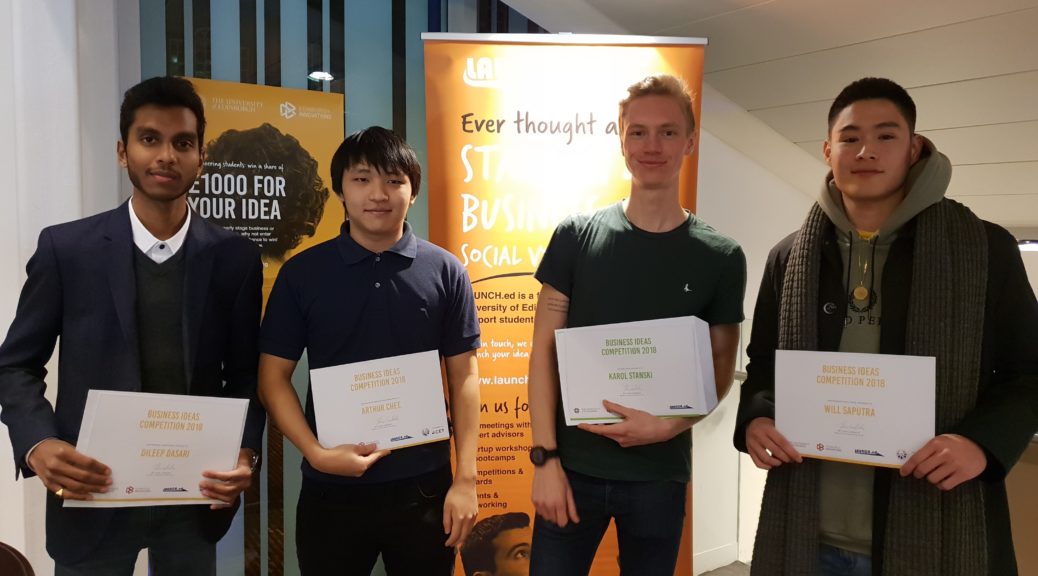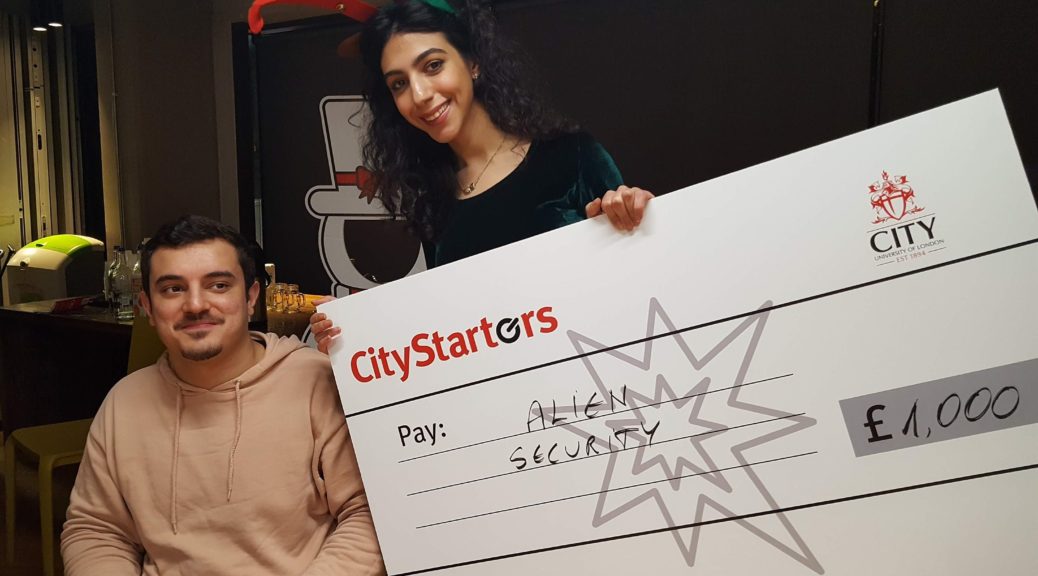
The Institute of Directors has appointed Sainsbury Management Fellow, Patrick Macdonald as its new Chair after a comprehensive search process.
Patrick, who takes on the role on from 22 March, brings a wealth of experience and expertise to the organisation. He replaces John Watson who has been interim Chair of the IoD since September 2020.
The process was overseen by the IoD’s Nomination Committee. The Chair of the committee and Senior Independent Council Member, Jean Church, MBE said Mr Macdonald was an outstanding choice to take over as Chair.
“We had a number of excellent candidates to choose from and after a rigorous selection process, we were delighted to appoint Patrick. I would like to thank John Watson for stepping in as interim Chair last year and helping to lead the IoD during the last seven months.”
Mr Watson, who led the Board’s response to the Covid-19 pandemic and will remain as part of the IoD Board when the new chair starts, also welcomed Mr Macdonald.
“I am delighted that we’ve been able to bring someone with Patrick’s experience and broad range of skills on board for the next stage of the IoD’s development. Our drive to make the IoD membership more reflective of the country as a whole is progressing well. I’m looking forward to Patrick’s leadership of the Institute at a crucial time for our members and the country.
“Finally, as I step down, I’d like to pay tribute to the IoD teams, our members and volunteers everywhere who have done a magnificent job in helping us get into the right shape to grow after what has been a very challenging year.”
Patrick said: “I have been a member of the IoD since 2001 and am delighted and honoured to take over as Chair today. This is a hugely important and exciting time for the IoD.
“All businesses and business organisations have faced enormous challenges over the last year. It’s clear the IoD had already done a lot before the pandemic struck to get into shape for the long term.
“This excellent work, led by John Watson and the team, has brought us closer to our members in many important ways. The IoD will continue reinvigorating the value it delivers to existing and new members.
“The Institute is a true members’ organisation that represents the authentic voice of British business. Our members will be at the heart of the economic recovery. I am looking forward to working with Director General Jonathan Geldart, his team and all our members across the UK and beyond to help them play their part in that recovery.”
Patrick has held both executive and non-executive roles across a wide range of businesses over the last 35 years.
He started his professional career as an engineer at the Ministry of Defence before joining Unilever. Patrick worked for Boston Consulting Group (BCG) in Germany and the UK, then joined General Electric (GE) in the USA. Patrick became CEO of John Menzies plc, based in Scotland, and has subsequently worked in private equity-backed businesses including Reconomy, the waste management company. He chairs Moneypenny, the call answering and live chat service and Arcus FM, the tech-based facilities management business. He is co-founder and Chair of the School for CEOs, the senior-level executive development business. He is a Non-Executive Director of NatureSpace, the environmental consultancy.
Patrick is also Vice Chair of the Scottish Advisory Committee of the Duke of Edinburgh’s Award (DofE) and was until recently a Trustee of the Woodland Trust.
Director-General Jonathan Geldart also welcomed Mr Macdonald to the IoD.
“Patrick joins us at an important and exciting time for the Institute. In a challenging external environment, John Watson has led the organisation through a successful internal restructure and established a much more efficient cost base. That has enabled us to be in a strong position to make the important changes we need to drive the future growth of the IoD.
I’m really looking forward to working closely with Patrick as we move onto the next stage of that programme.”
We would like to thank the IoD for permission to publish this article.





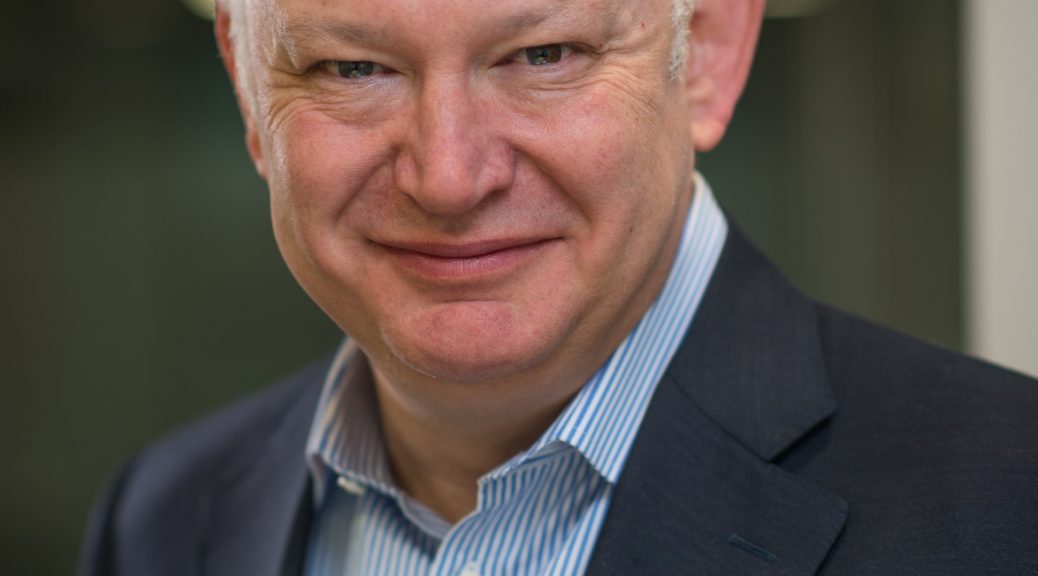


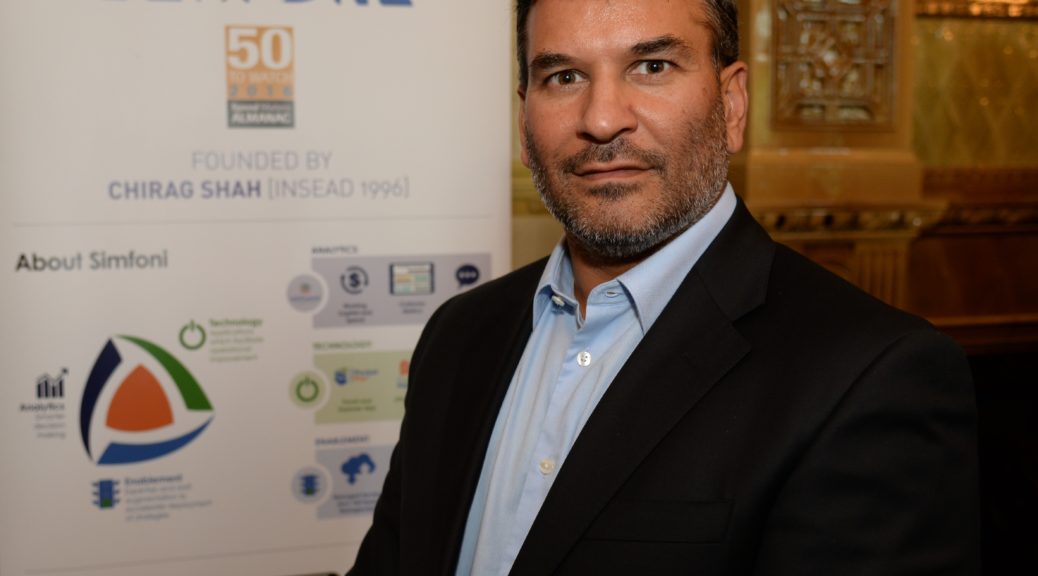
 Serial entrepreneur and Sainsbury Management Fellow (SMF) Chirag Shah raises Series A for Simfoni
Serial entrepreneur and Sainsbury Management Fellow (SMF) Chirag Shah raises Series A for Simfoni